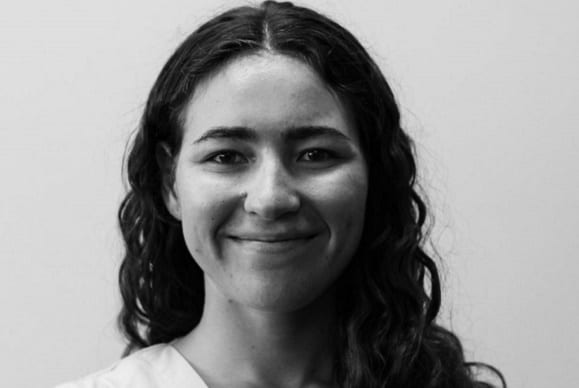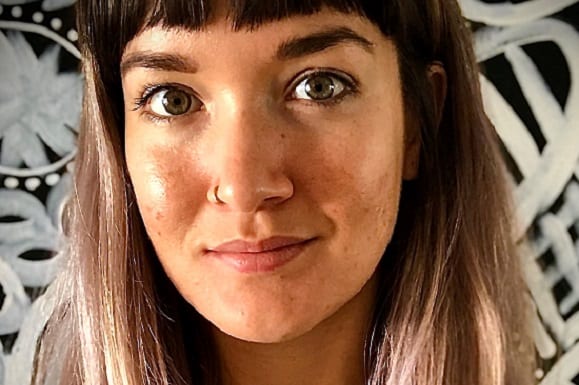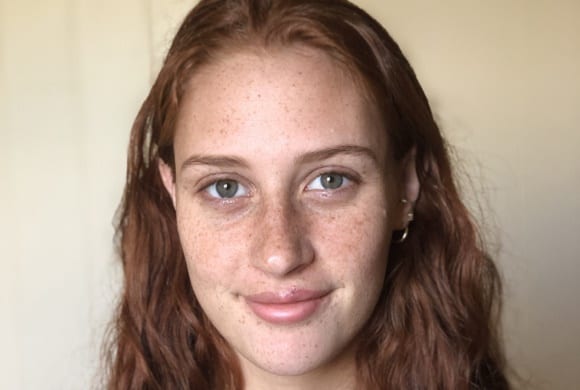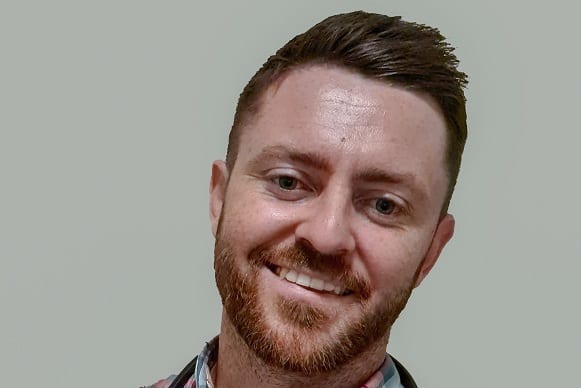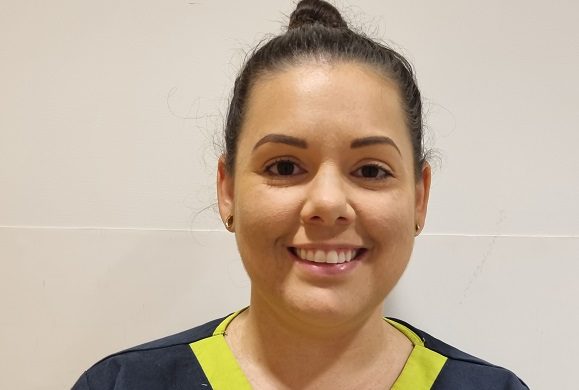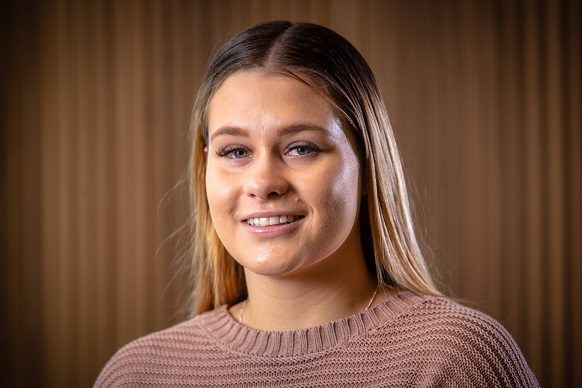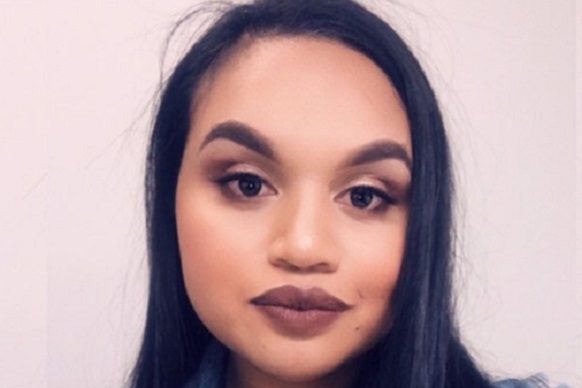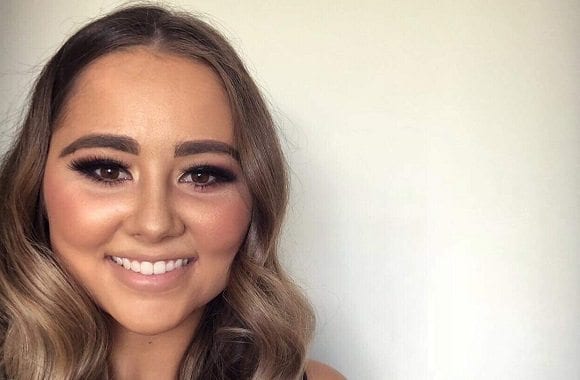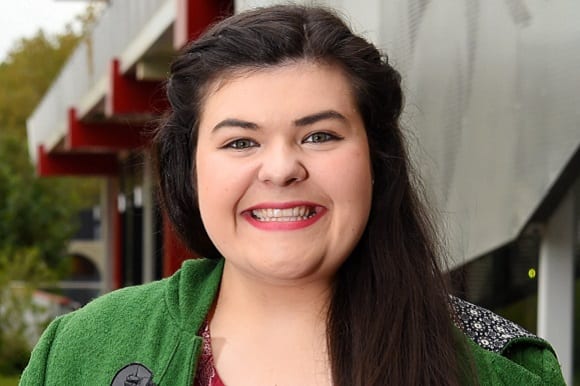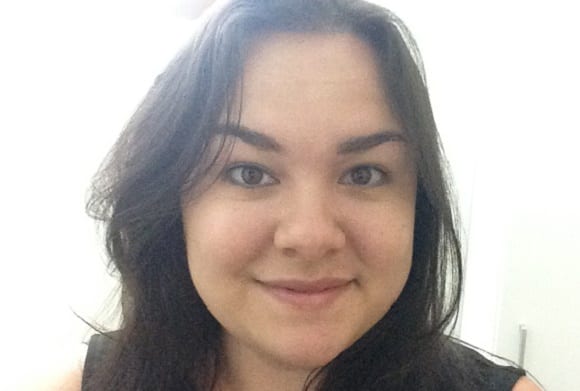Coming from an Aboriginal background, I have seen first-hand the poorer oral health outcomes of family members. Maintaining oral health is often not held to a high priority in many of their lives, and ultimately comes down to a lack of education and role models, as well as mistrust of the healthcare system. This has greatly influenced me in pursue a career in healthcare, and cement my name in the industry as proud Quandamooka woman. After experience university clinical placements, I highly admire the extreme trust and commitment shared between the patient and the dentist. As a result, my biggest goal is to be an approachable and reliable dentist who will have a lasting effect within the community. To me, dentistry is so much more than just a quick ‘drill and fill’ approach; it encompasses many aspects of overall health and well-being. I want to better the general health among people from all backgrounds for a pain and disease-free future, and ultimately help people become independent in managing their health.
Read more >“Janu nagula jarndu buru rubibi” (As a salt Water Woman from Broome), my driving influence always has and always will be my people. I am very fortunate to have grown up in community where I was immersed in culture from a very young age. However, this also meant that I was privy to the ongoing suffering and trauma felt by my people. Growing up, I wanted nothing more than to help alleviate this suffering, and to help my culture to become what it once was. In order to follow this dream, I left country and moved to the city so that I could gain qualifications that would make a positive impact on my community.
Read more >I chose to study psychology to become a psychologist and contribute to improving Indigenous health as a qualified health worker. I understand the importance of Indigenous people having mental health care workers from their own community, who have knowledge and appreciation of the Indigenous diversity and cultural expectations. There are not enough Indigenous mental health clinicians to meet the needs of the Indigenous communities. Challenges currently exist in many cases where non-Indigenous psychologists are not always prepared where in many instances end up working in culturally unsafe ways, not only to the client but to themselves. 2022 is the final year of my undergraduate Degree in Psychology.
Read more >My main motivation for wanting to become an Aboriginal doctor originates from my upbringing in the Gold Coast Queensland. Like any child I had my ups and my downs, all of the best times were spent with my family and friends. In the bad times I experienced homelessness, poverty and loss. Some of these losses which really resonated with me as a child included watching the complications of people, I loved faced with breast cancer. These good and bad times all contributed to shaping my personality and now has become the main drive behind me wanting to become a good doctor.
Read more >Aboriginal and Torres Strait Islander People experience the greatest health disparity of any race in Australia. This can be traced back to colonisation and the creation of assimilation and protectionism policies and programs that were introduced with the goal of the eradication of First Nations People. Being displaced, forcibly removed, relocated, and denied access to Country, lore, identity, family, and community by settlers continues to have ongoing effects on the social and cultural determinants of health for First Nations People. Evidence shows that understanding and addressing the cultural and social determinants of health are imperative to improving health outcomes for First Nations People.
Read more >My name is Mollie Scofield and I am starting my second year in a dual degree in Nursing and Public Health at Queensland University of Technology. I am a proud Mardigan woman, who grew up and is still growing up on Jarowair and Giabal land. I have been extremely fortunate to have the support system that has allowed me to become the first person in my family to attend university.
Read more >I am a proud Aboriginal and Torres Strait woman of the Bindal and Wagadagum tribes. Becoming a registered midwife on Thursday Island will allow me to evoke change and introduce traditional pregnancy and birthing customs. My passion for midwifery stems from my own unpleasant experiences whilst in the care of the public healthcare system. I am highly motivated to create change to ensure my daughters and future generations do not encounter the current healthcare system in the manner I have.
Read more >At a young age I was lucky enough to have the skill and support to participate in sport at an elite level. As a result, I was offered an incredible opportunity to complete a Cert 3 and 4 in Fitness. An opportunity not many get the change to do at the age of 16. Appreciating how advantaged I was, this became my influence/driving force to be able to follow my dreams and continue in the field I had started, loved and thrived on. To achieve this, I had to work hard and earn it, and when you work hard, results and satisfaction are your reward. I want to take my qualifications to the highest level and be the best that I can be. I want to support my people with better outcomes and in return, better lifestyles, enabling them to achieve their goals. To be able to reach for the stars, I want to be the person who can give that hope and chance to others by giving back. As it is well recognised that Aboriginal people face barriers to accessing healthcare.
Read more >When I successfully complete my medical studies, I plan to bring benefit to my community in numerous ways. Firstly, I hope to be a role model to other Indigenous students, where despite disadvantage and being told your dreams are unrealistic, hard work and determination will get you there if you truly put your mind to it. Once I am a doctor, regardless of the field I end up choosing, I plan to practise in rural and regional areas of Victoria and I would love to head back to the Gunditjmara country, which is my community. As a teenager who spent a lot of their time unwell and in hospital, I was tired of having to travel to receive the care I needed. People should never be disadvantaged because of where their home is, and I want to offer exceptional healthcare and expertise in these areas.
Read more >I have always been extremely passionate about health as it is an essential component to quality of life. But it was not until I experienced a number of personal adverse circumstances that placed me in a very detrimental situation, that I really was able to appreciate how far backward different hardships can place someone. I am privileged and live a blessed life – which is evident in being able to study at a Master’s level, and while I continue to work through adverse circumstances, I am so grateful and want to give back because no one should be left behind. In a country with as much wealth as Australia, it really is not acceptable to have such a significant population difference in health outcomes for those from Indigenous backgrounds.
Read more >